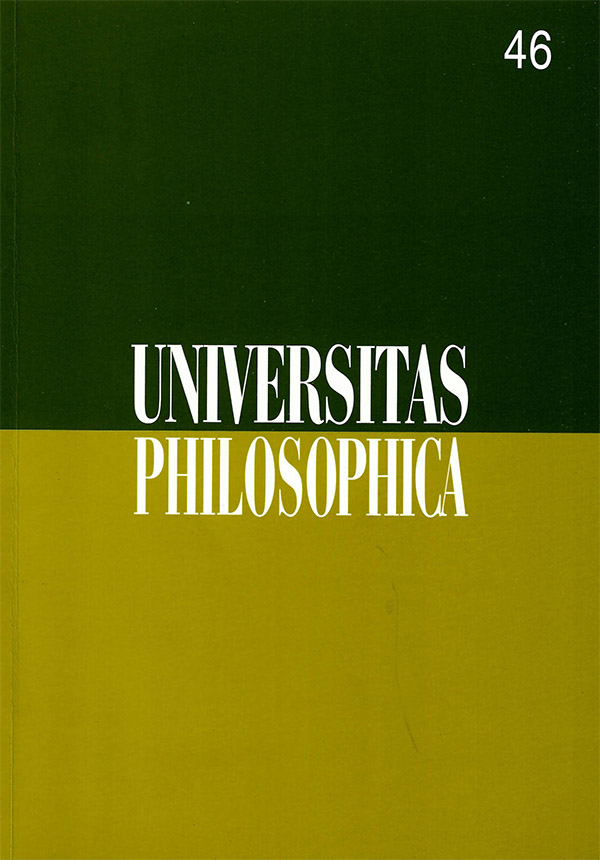Meta-Theoretic Structuralism
##plugins.themes.bootstrap3.article.details##
Abstract
The author holds how a scientific theory, in essence, is a set of different kinds of complex structures, composed themselves by simple ones, such as: the potential models and the actual models. It gathers, moreover: the constraining conditions of each model components in function of other model components of the same theory and of the different ones; the clarification of which concepts and methods belong to the theory in question and which ones come from underlying and external theories; finally, the fuzzy component inherent in every scientific model. This is the ormal nucleus of a theory as a whole. The non-formal pragmatic and historic domain belongs to the essential identity of every scientific theory as well. In such a way, the “normal” theories of empirical sciences are arranged in nets of pyramidal structures involving a theoretic element on the top, and sets of more specialized links and their direct and indirect applications downwards. Being this the synchronic view of theories, its diachronic dimension takes Kunh’s and Lakatos’ ideas in and the structuralist notion of theoretic evolution too. Moulines shows how the structuralist approach reconstructs particular theories with no special concern about the main problems of philosophy of science.
Keywords
estructuralismo científico, filosofía de las ciencia, evolución teórica, teorías científicas, Moulinesscientific structuralism, philosophy of science, theoretic, evolution, scientific theories, Moulines
References
How to Cite
Moulines, C. U. (2006). Meta-Theoretic Structuralism. Universitas Philosophica, 23(46). Retrieved from https://ojspuj.repositoriodigital.com/index.php/vniphilosophica/article/view/11248
Issue
Section
Articles


